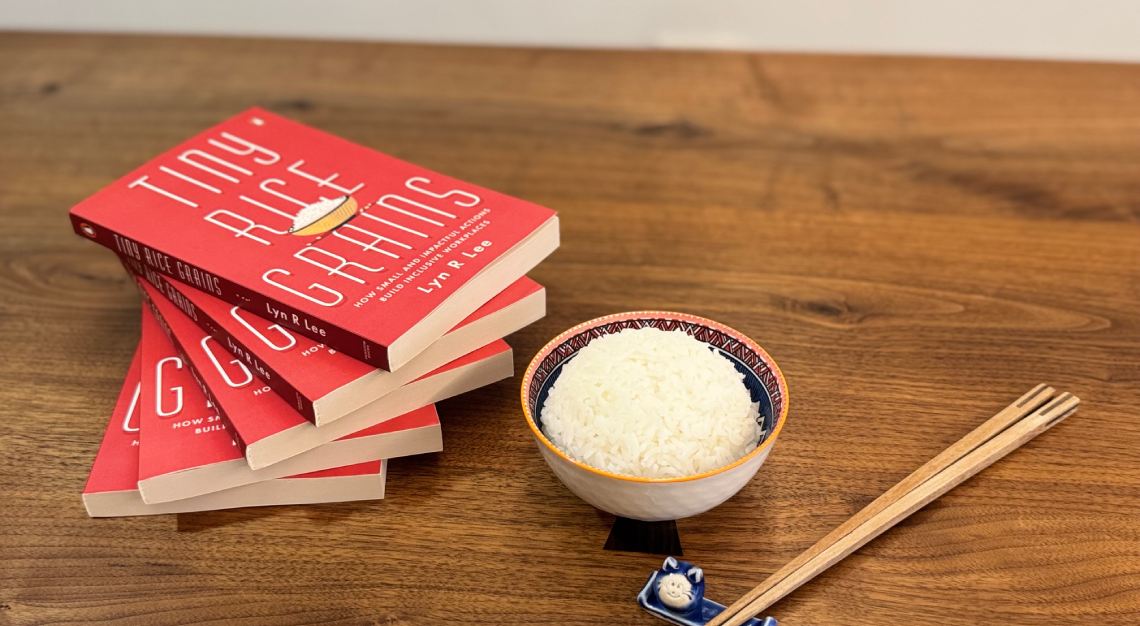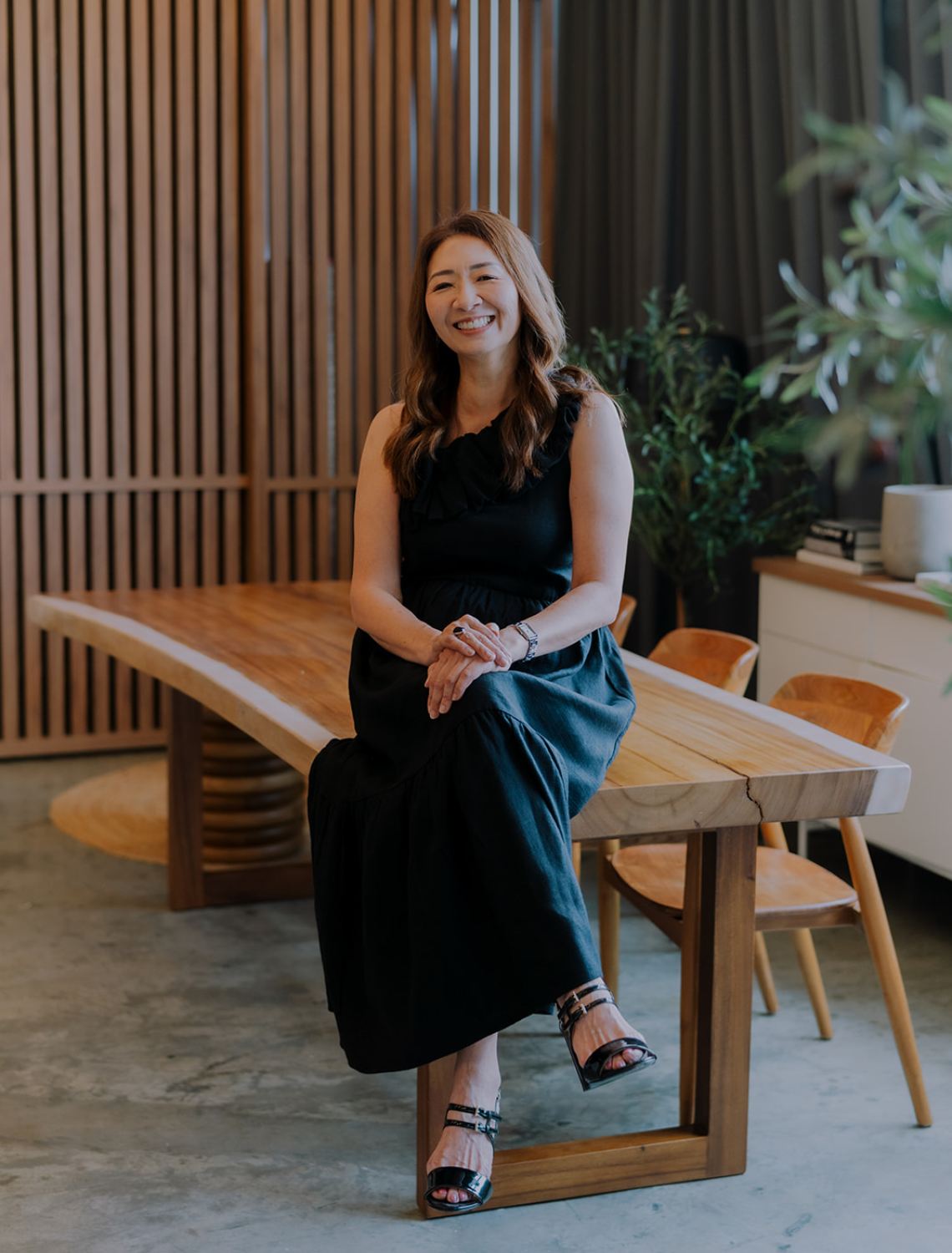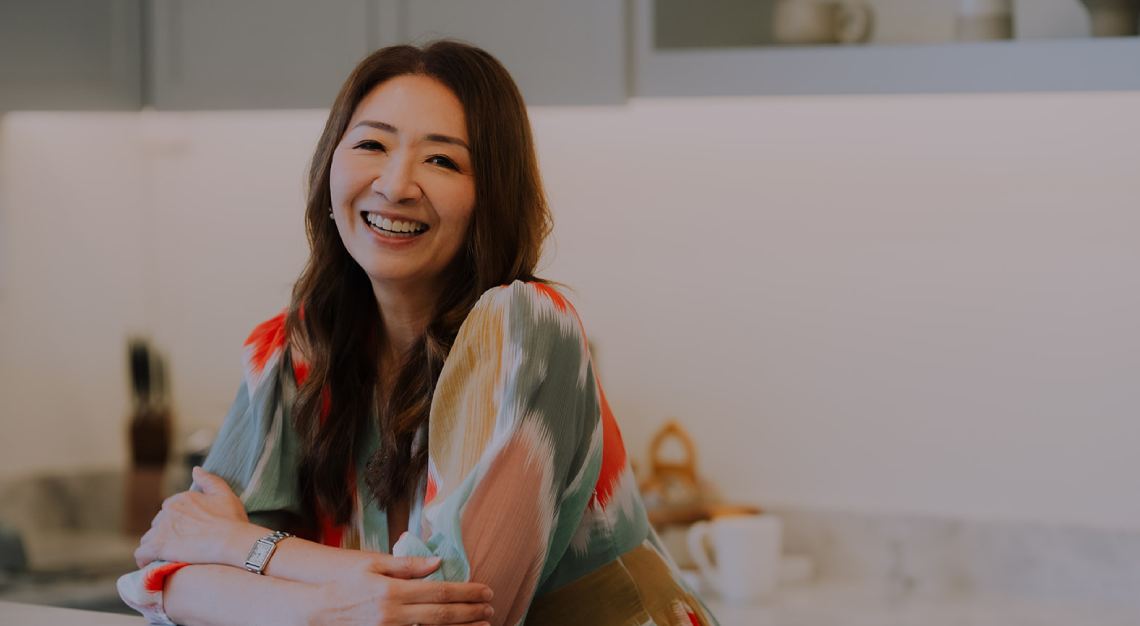Award-winning DEI leader and Robb Report Singapore’s 2024 Thought Leader Lyn R Lee returns with a heartfelt debut book, Tiny Rice Grains, urging us to rethink what it means to lead with courage, care, and humanity
If there’s one thing Lyn R Lee knows intimately, it’s that small actions can drive seismic shifts. A respected voice in corporate leadership, a mental health advocate, and a 2024 Robb Report Singapore Thought Leader, Lyn has spent decades walking the talk when it comes to Diversity, Equity, and Inclusion (DEI). Now, she’s putting it all into words—through her deeply personal and powerfully reflective debut book, Tiny Rice Grains, published by Penguin Random House SEA.
Drawing from her childhood on a farm in Singapore, her lived experience with hypomania, and her global career as Shell’s first Asian Global Chief DEI Officer, Lyn crafts a narrative that’s intimate and universal, all at once. The title of the book is inspired by her family’s mealtimes, where rice, often considered small and unremarkable, served as a symbol of nourishment, togetherness, and storytelling. “Like tiny rice grains that nourish entire communities, each inclusive act—no matter how small—holds the power to change lives,” she writes.

But Tiny Rice Grains is far from just a memoir. It’s a call to action, rooted in the belief that inclusion doesn’t have to be a lofty corporate strategy. It can be, and often is, as simple as offering help, noticing what others may overlook, or asking a colleague how they’re doing. The book is filled with vignettes, some Lyn’s and others from friends and former colleagues, that illustrate this idea with quiet poignancy. One example recalls a coworker who noticed a broken automatic door and followed up with maintenance, knowing that it could pose a barrier for colleagues with disabilities. Another captures the power of simply asking, “What can I do for you?” in a moment of personal crisis.
Lyn’s hope is for readers (especially business leaders) to walk away understanding that inclusion starts small. It doesn’t require a title, certification, or grand gestures. “It’s about noticing people around us and acting in small ways to make the environments in which we live and work better,” she says.
In the following conversation, Lyn shares more about her writing process, the courage it took to be vulnerable, and the lasting lessons she hopes Tiny Rice Grains will leave behind.
The book’s title, Tiny Rice Grains, is wonderfully evocative. What does it symbolise for you?
Mealtimes growing up were when the family came together. We shared food, stories, and moments of connection. My grandfather was a community leader, and many stories at the dinner table were about helping others. So to me, rice grains represent those moments—small yet meaningful. That sense of nourishment, respect, and storytelling stayed with me.
Was the writing process emotionally challenging?
Absolutely. I was putting parts of my life–my vulnerabilities, my struggles–out there. There were many moments I asked myself, “Should I be sharing this?” But then I reminded myself: this book isn’t about perfect storytelling. It’s about helping someone, even just one person, feel seen or empowered. That made it worth it.
What’s one lesson you hope readers take away from Tiny Rice Grains?
That we all have the power to make a difference, no matter how small the act. You don’t need a title or special training to be inclusive. Just notice, act, and care. Start with the people around you—at home, at work, in your community. That’s how change happens.

What advice would you give to young professionals who want to lead with inclusion?
Be courageous and authentic. Start with your values. Be clear about who you are and what matters to you. Do not stifle your voice; speak up positively for yourself, and then, let that guide how you show up for others. Listen more, stay curious, and ask questions without assuming you have all the answers. Inclusion isn’t a checklist—it’s a mindset, a habit, and a way of being in the world.


